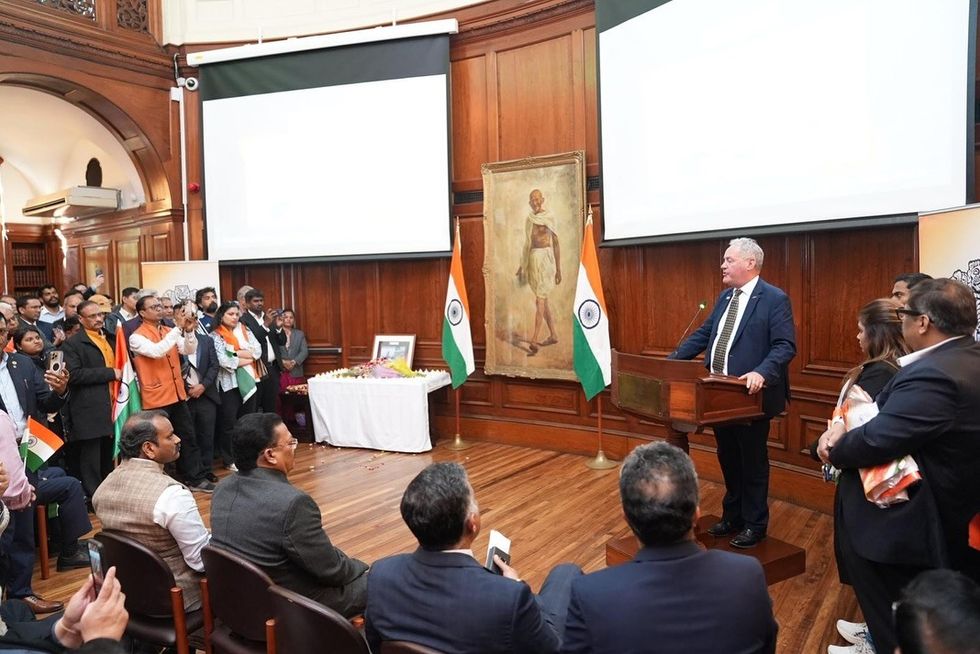by LAUREN CODLING
LEADERS of councils have called for local government to “reflect the communities they serve”, as a new report revealed that one-third of local authorities have no BAME councillors.
Released last week, the research conducted by non-partisan political campaigning organisation Operation Black Vote (OBV) analysed more than 100 ‘single tier’ local authorities across England.
Noting the low levels of BAME political representation within areas which have high levels of ethnic minority populations (such as Bromley, Milton Keynes and Reading), the report found that 40 out of 123 local authorities had either none or one ethnic minority councillors – 28 had none while 12 had just one.
Reacting to the findings, the Labour leader of Bury council, councillor Rishi Shori, said it was “massively important” to have a level of representation which accurately reflected communities.
He also believed it could help soothe the public anger with politics.
“At the moment, particularly in context to Brexit, there seems to be such a gulf between the public and their elected representatives,” he said.
“One way of bridging that gap is having an electoral representative who looks and talks like them, and understands issues within local communities.”
Shori, who is the first-ever BAME leader of a council in Greater Manchester, also noted the low levels of females in local government. He believes a planned effort should be made to engage with BAME women to get involved in politics.
According to OBV statistics, only 38.4 per cent of the identified BAME councillors are female.
“If you’re going to change it in a reasonable amount of time, you will need a regulatory change to try and encourage more people to stand and get them elected into positions,” Shori said.
He also mentioned efforts made by the Labour party to increase diversity. For instance, the Bernie Grant Leadership Programme was launched earlier this year with the intention of empowering BAME members to take on leadership positions in the party.
“(However), there needs to be a concerted effort to understand the barriers across all political parties,” Shori stressed.
In its report, OBV has suggested that all political parties undertake a BAME democratic audit of members, staff and elected officials at local and national level, acknowledge their BAME democratic deficit and have a comprehensive plan to balance the disparities.
It also proposed that all parties had a BAME recruitment drive at a local and national level.
Cllr Mohammed Khan is the Labour leader of Blackburn with Darwen Borough Council. Having first become a councillor in 1992, Khan said he could recall a time when no other Asians stood for his local government.
Although he said he did not encounter any barriers when he entered politics, Khan believed a lack of representation in areas with a high BAME population could be due to the political people running a particular council.
“(Minorities) are part of the community and we can’t ignore them,” he said. “We need to engage with them and bring them into the political arena. It is important for local politics that you have some kind of representation.”
The OBV survey also found that BAME councillors are disproportionately affiliated with the Labour party at 84.2 per cent, followed by the Conservative party at 10.9 per cent.
Khan admitted there were no BAME Tory councillors for Blackburn council.
“It is disappointing,” he remarked.
Meanwhile, OBV director Simon Woolley called the findings “depressing”, claiming they appeared to show that some local political leaders did not care about representative democracy.
“Leaving communities without a representative voice is a recipe for community breakdown and discord,” he said.
The Department for Communities and Local Government did not respond to a request for comment.


















 Bob Blackman MP speaks during the event
Bob Blackman MP speaks during the event